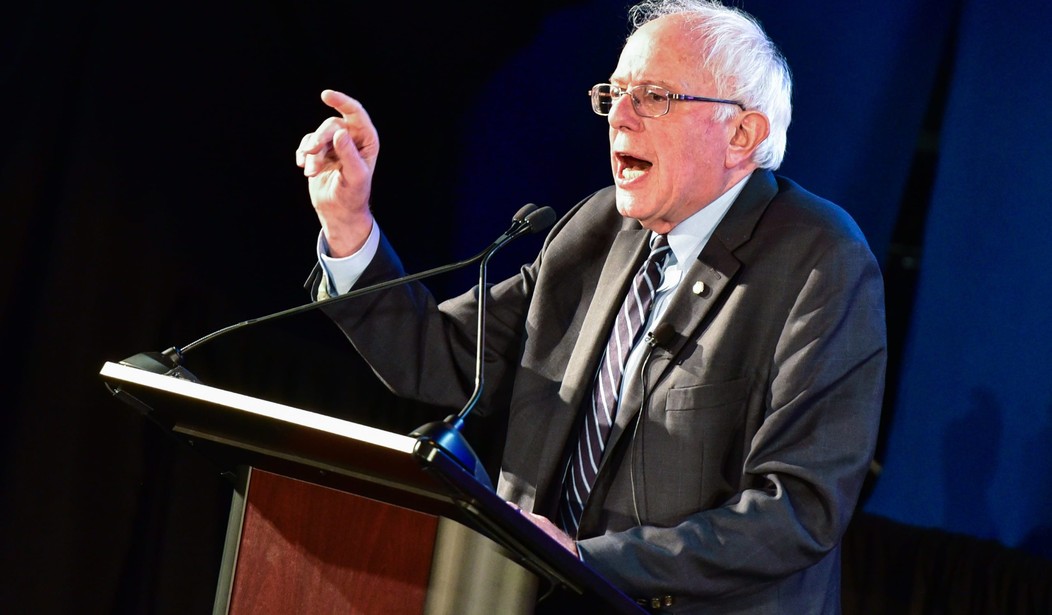Formally, since 1992, the Democratic Party has been Clintonian in its economics—moderate, showing the influence of the Democratic Leadership Council. Free-market capitalism is something you live with and accept; the wealth it produces can be directed toward public programs and endeavors. The Clinton administration didn’t hate Wall Street, it hired Wall Street. Big government, big Wall Street—it all worked. It was the Great Accommodation, and it was a break with more-socialist approaches of the past.
All this began to shatter in the crash of 2008, not that anyone noticed—it got lost in the Obama hoopla. In March 2009, when Mr. Obama told Wall Street bankers at the White House that his administration was the only thing standing between them and “the pitchforks,” he was wittingly or unwittingly acknowledging the Great Accommodation.
The rise of Bernie Sanders means that accommodation is ending, and something new will take its place.
Surely it means something that Mr. Obama spent eight years insisting he was not a socialist, and Bernie Sanders is rising while saying he is one.
Socialism always sells well in bad times — right up until everybody runs out of everything, including oil in oil-rich Venezuela. WaPo’s Matt O’Brien inadvertently explains:
That’s not an easy thing to do when you have the largest oil reserves in the world, but Venezuela has managed it. How? Well, a combination of bad luck and worse policies. The first step was when Hugo Chávez’s socialist government started spending more money on the poor, with everything from two-cent gasoline to free housing. Now, there’s nothing wrong with that — in fact, it’s a good idea in general — but only as long as you actually, well, have the money to spend. And by 2005 or so, Venezuela didn’t.
Why not? The answer is that Chávez turned the state-owned oil company from being professionally run to being barely run. People who knew what they were doing were replaced with people who were loyal to the regime, and profits came out but new investment didn’t go in. That last part was particularly bad, because Venezuela’s extra-heavy crude needs to be blended or refined — neither of which is cheap — before it can be sold. So Venezuela just hasn’t been able to churn out as much oil as it used to without upgraded or even maintained infrastructure. Specifically, oil production fell 25 percent between 1999 and 2013. [Emphasis added]
If only O’Brien were somehow able to make the connection between two-cent gasoline and running out of oil, he might be onto something — something your average ten-year-old could figure out.










Join the conversation as a VIP Member